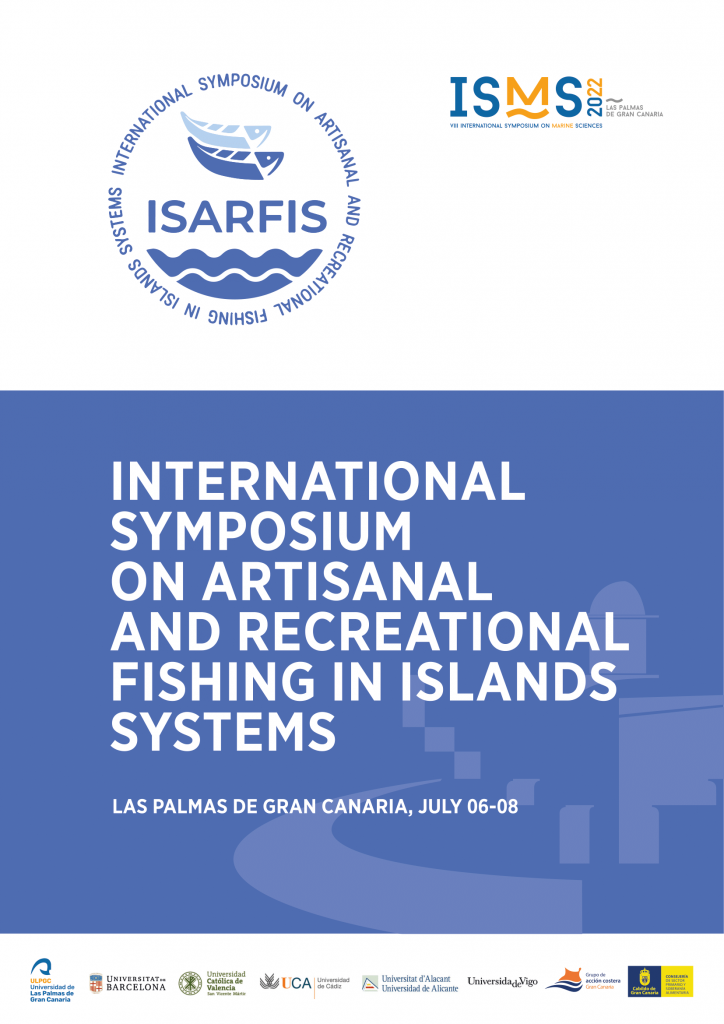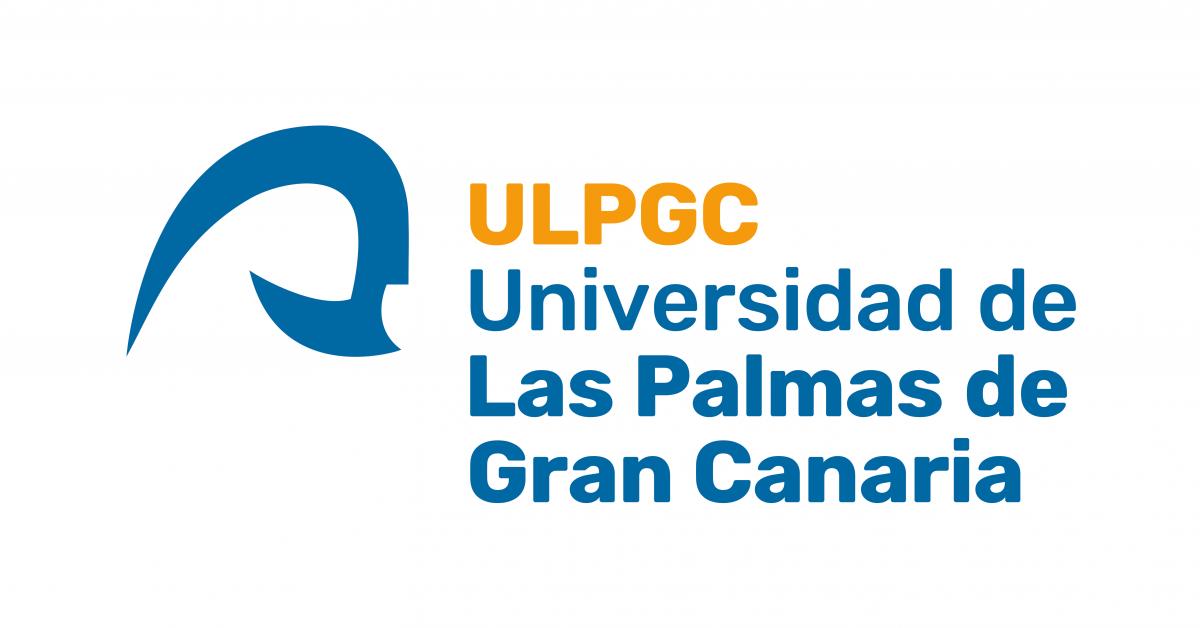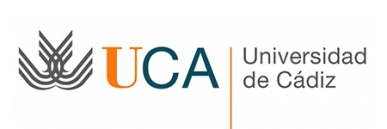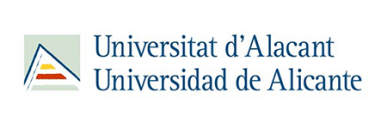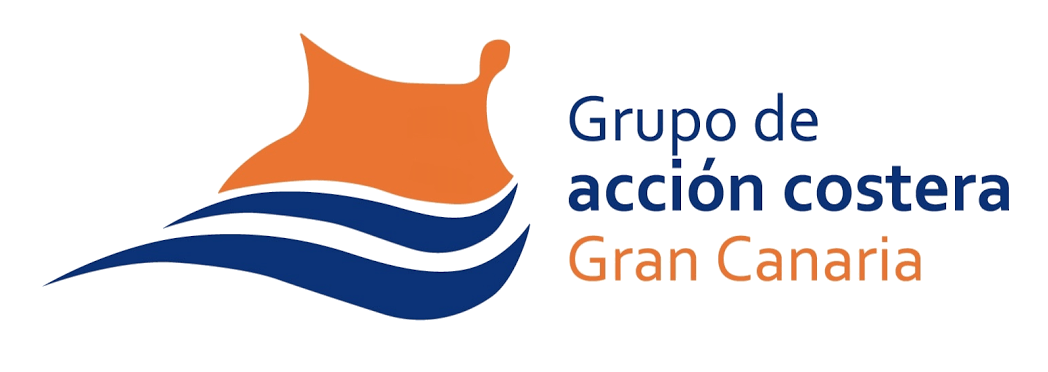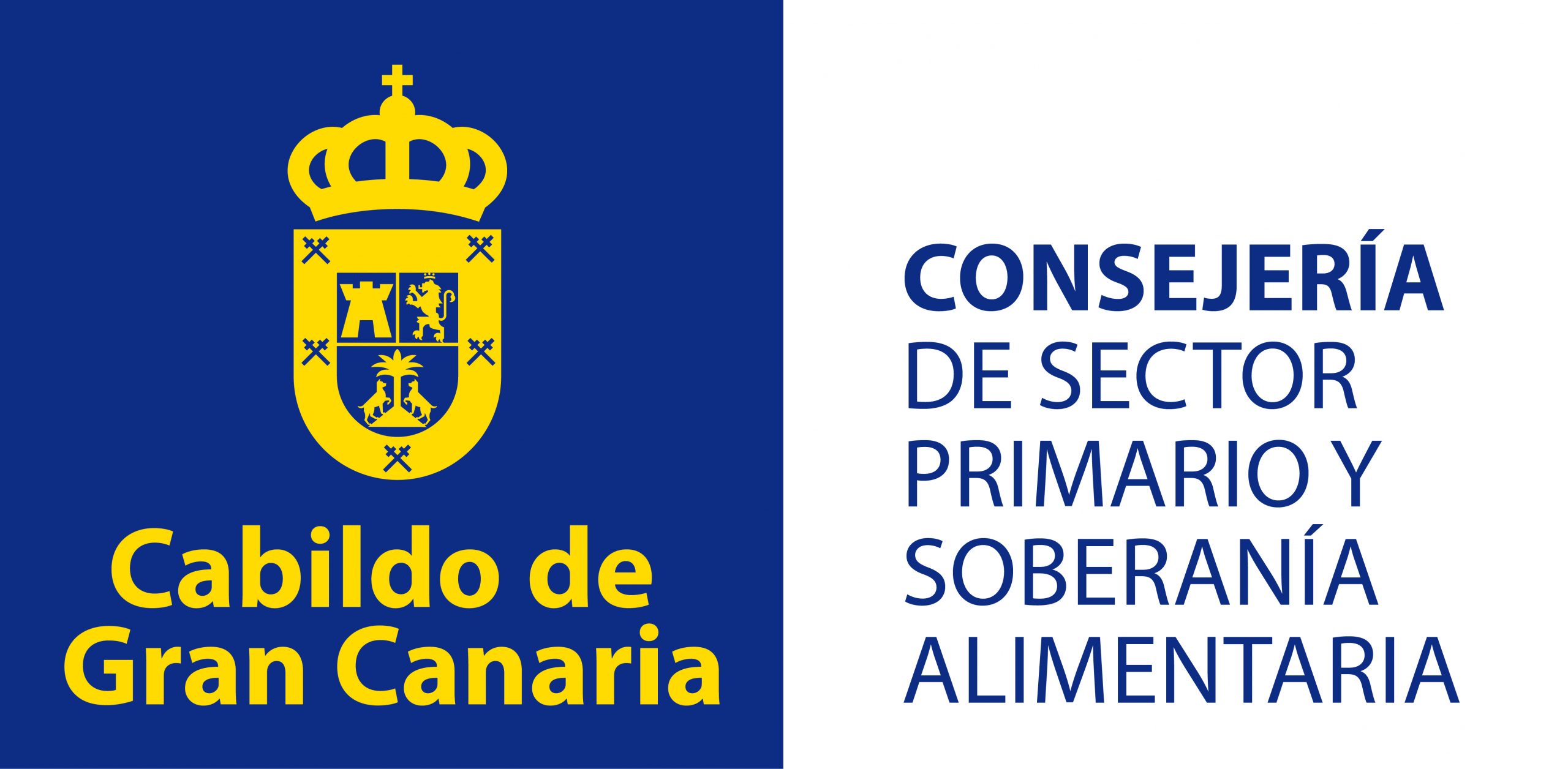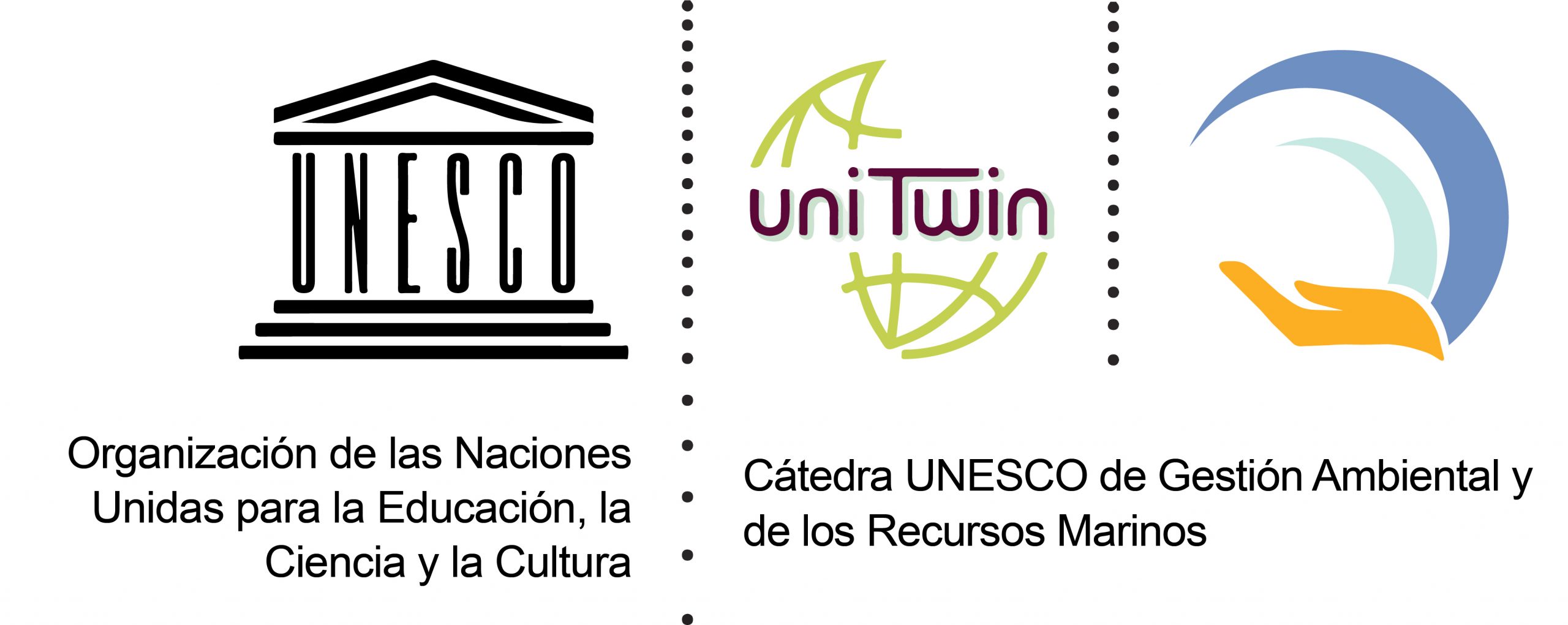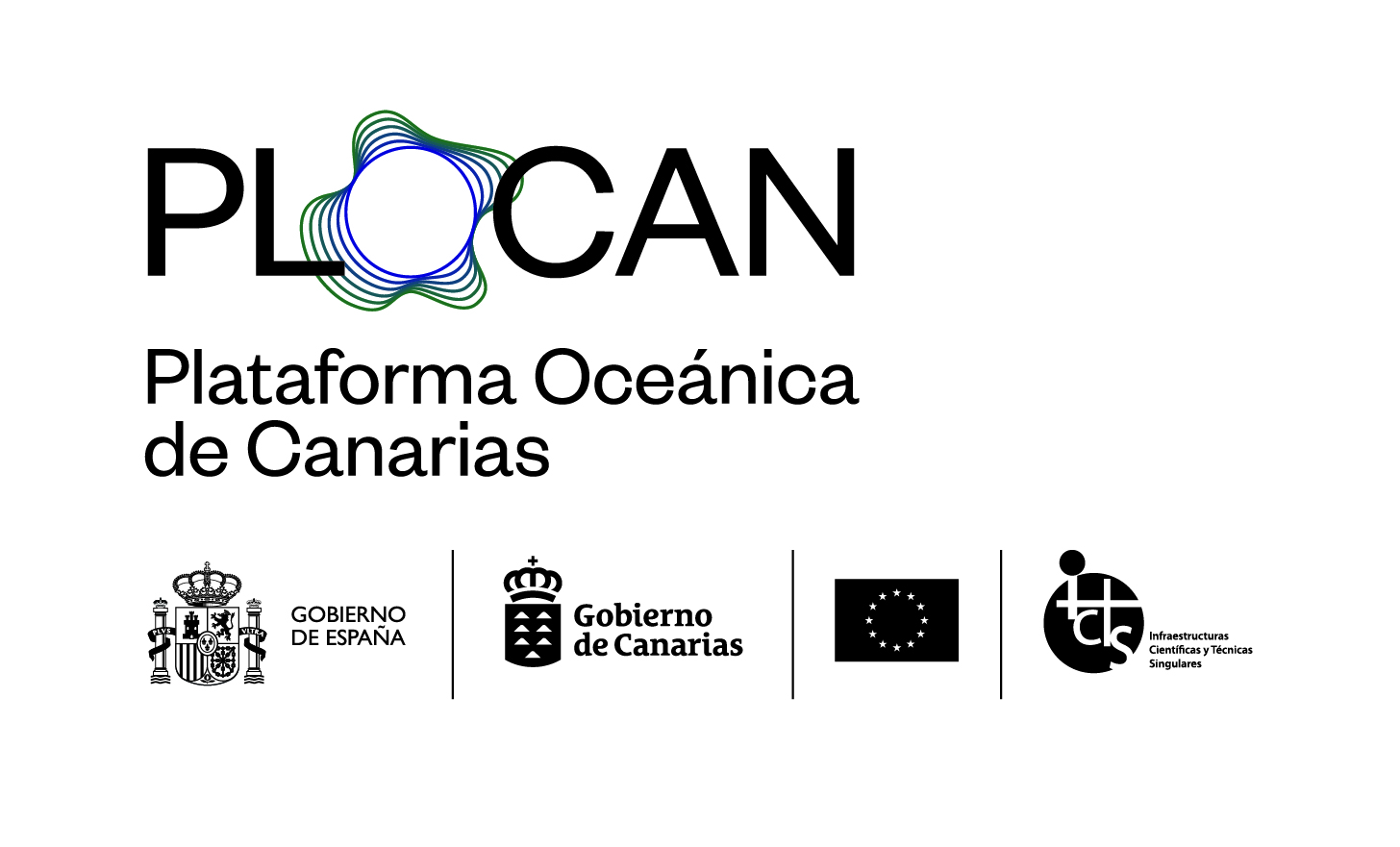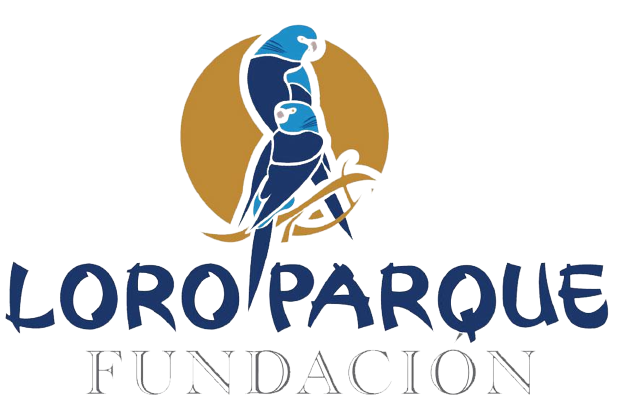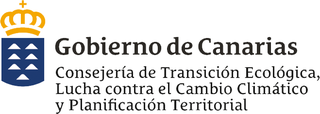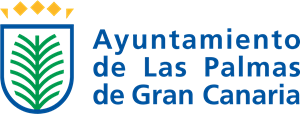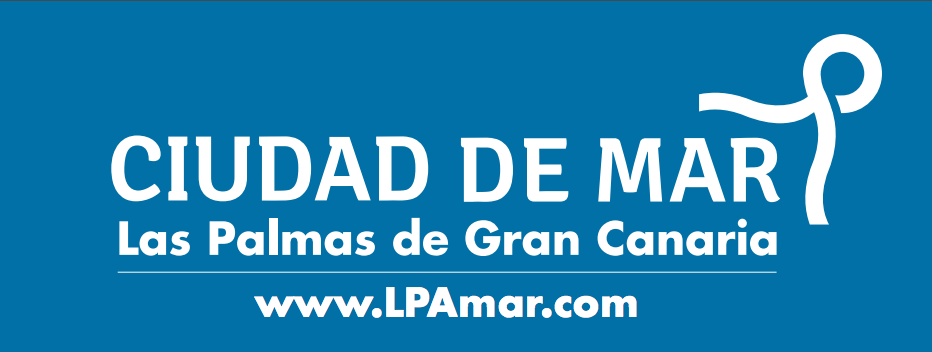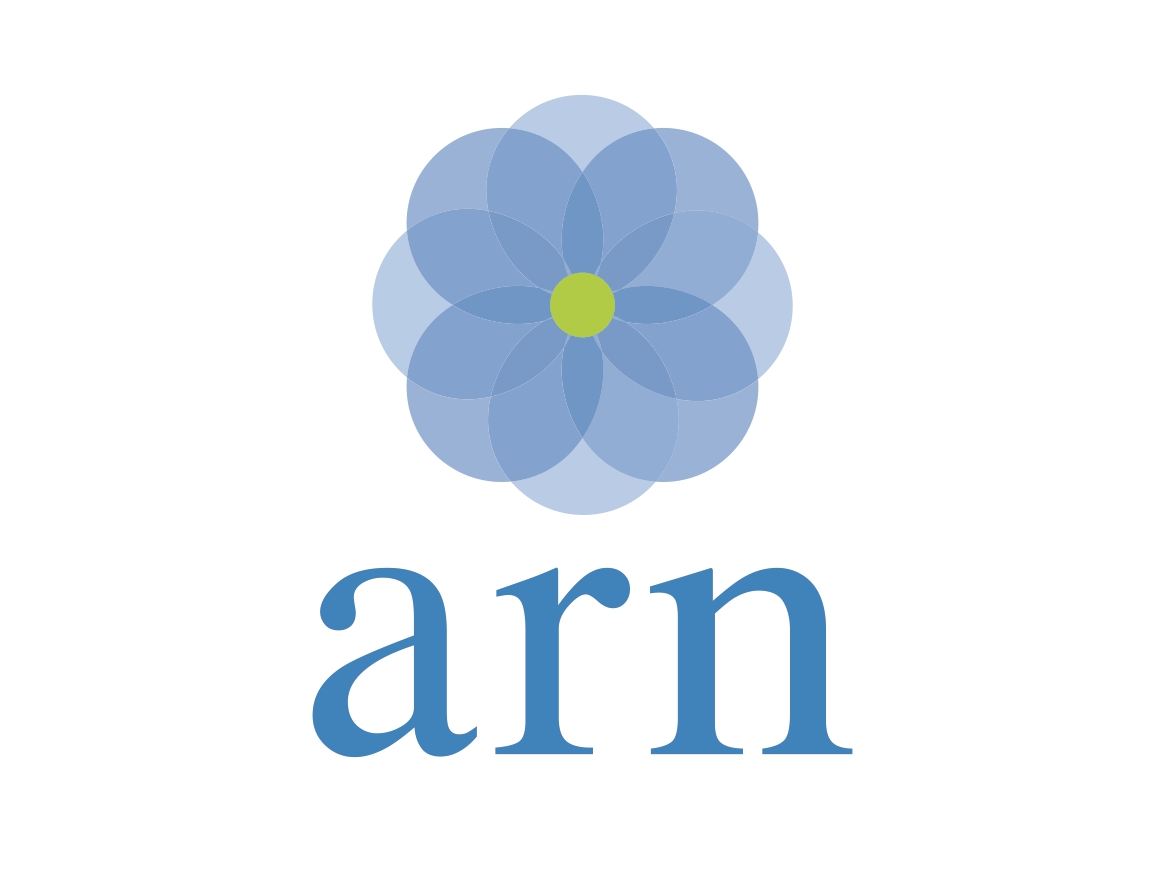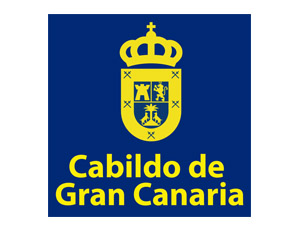IS-AR-FIS
about
IS-AR-FIS
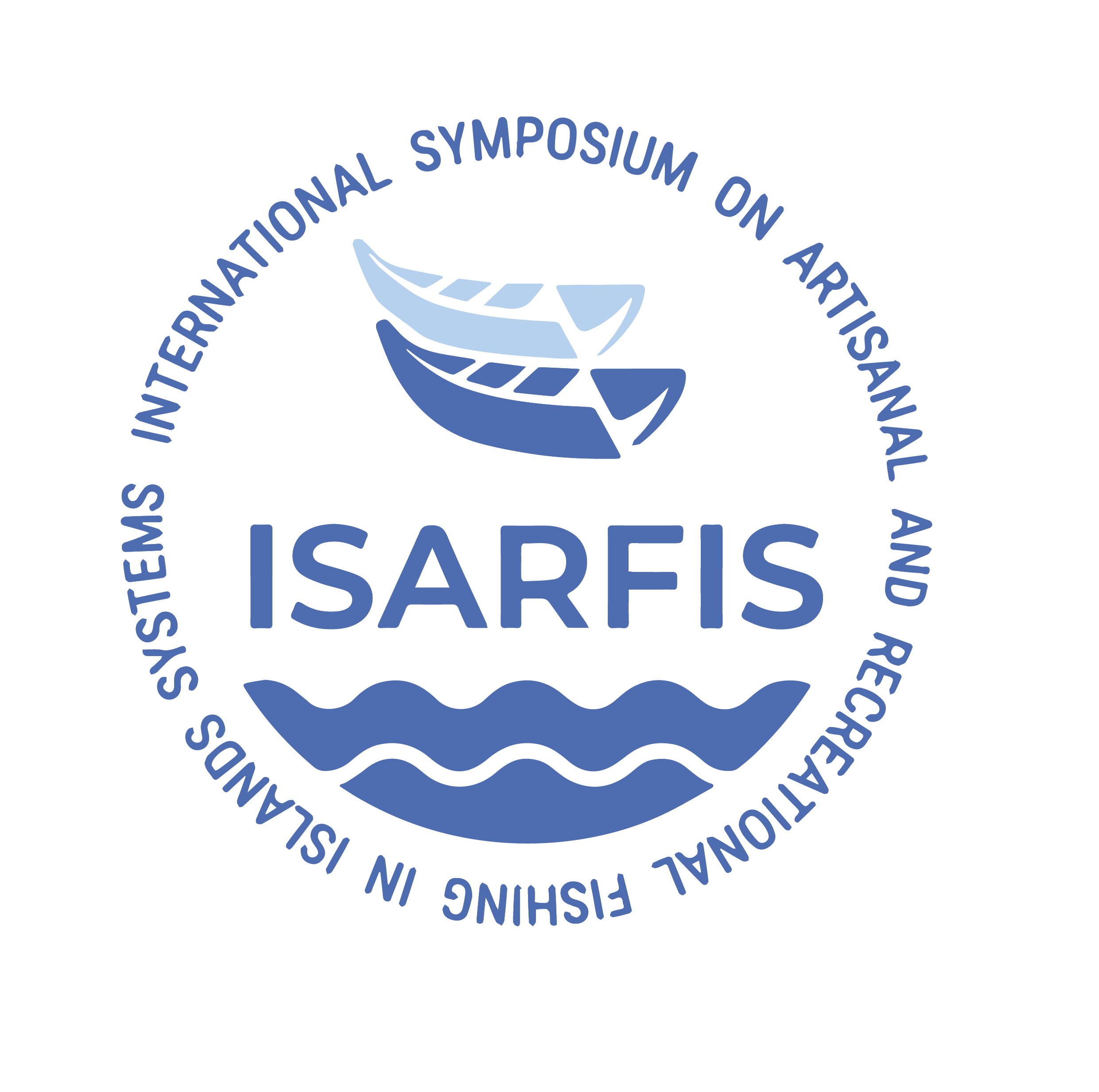
Small islands, and especially oceanic ones, are particularly vulnerable to stressors such as climate change and variability, high levels of overfishing at local scales, long-term coastal tourism impacts and other increasing anthropogenic activities threatening coastal habitats and resources, impairing or compromising the function or productivity of the local marine ecosystems.
Oceanic islands have low functional redundancy and ecosystem functions and services are high vulnerability to diversity loss or overfishing. Even, small declines in biodiversity or in the key species state (density, size, and biomass) may result in large reductions in secondary production and seafood provision. These biological systems are also highly vulnerable to socioeconomic changes, that also connect with environmental ones.
On the other hand, data scarcity in small-scale and recreational fisheries hinders the effective management of marine resources. This is particularly true within small island developing states, that often have limited capacity for monitoring activities that could support policy decisions. Furthermore, the lack of information and training, even in developed areas, prevents correct decision-making and collective action of co-responsible management, which increases the vulnerability of natural systems to management failure that are difficult to identify and correct effectively. And at this point different context of decision and social organization (centralized systems or community-based), could give different approaches to resource management and reinforce the ecological system resilience, but also to conflict resolution and avoidance.
The symposium will be held back-to-back with the VIII International Symposium on Marine Sciences joining hands celebrating the International Year of Artisanal Fisheries and Aquaculture (IYAFA 2022) and becoming an excellent opportunity for networking.
We aim to discuss the importance of the sustainable use of marine resources in island systems and the rôle of artisanal and recreational fisheries to develop conservation strategies in order to protect islands marine ecosystems and ecosystem services.
The ISARFIS is currently inviting submissions of abstracts for regular and speed talks, as well as posterpresentations. Please contact the convener for detailed information. Deadline is the 1st of May 2022.
THEMATIC AREAS
| Responses to vulnerabilities |
|---|
| Overfishing |
| IUU fishing |
| Biodiversity Loss |
| Climate Change & Global Warming |
| Invasive Species |
| Competition for space and resources |
| Ecological Systems Resilience |
| Evironmental Toxicology and Food Safety |
| Environmental Quality |
| Global liberal economy paradigm |
| The blue economy threats |
| Management |
|---|
| Fishing Regulations |
| Governance |
| Data-less management (adaptative management) |
| Techno-Economic Fisheries Assessment |
| Decision-Making Processes |
| Artisanal fisheries and other users: Conflict resolution and opportunities |
| Co-responsible Management schemes |
| Area-based Fisheries Management, Maritime Spatial Planning & Marine Protected Areas |
| Social and economic indicators |
| Food security |
| Gender equality and role of women in fisheries |
| Data limited Fisheries |
|---|
| Assessment models |
| Ecological indicators and proxies |
| Limit Reference Points |
| Data analysis-Bioecological, economic, social and cultural data |
| Methods for Good Environmental Status estimation in data limited fisheries |
PHOTO CONTEST
One of the missions of the IS-AR-FIS is the divulgation of scientific research, in order to generate positive impacts in society. We would like to see how artisanal and recreational fishing are evolving in the eyes of the society and we are organizing a Photo Contest capturing the beauty and diversity of artisanal and recreational fishing. The Organizing Committee wants you to participate by submitting your favorite photo and caption. We will be gathering all photo submissions until 01/05/2022. After we have all submissions, we will choose 20 of the best photos that will be placed into brackets and go head-to-head. The picture with the most votes chosen by the symposium participants will lead to the champion and the grand prize of (TBD).
Click here to go to the submission form.
ORGANIZING COMMITTEE
ULPGC – Spain
ULPGC – Spain
ULPGC – Spain
Mr. Airam Guerra-Marrero
ULPGC – Spain
Dr. Rodrigo Riera Elena
ULPGC – Spain
Dr. Sebastián Rodríguez-Alfaro
ULPGC – Spain
Ms. Montserrat Gimeno-Ortiz
GAC-GC – Spain
SCIENTIFIC COMMITTEE
CSIC/UIB – Spain
IFOP – Chile
IEO – Spain
Dr. Anthony Charles
SMU – Canada
Dr. Jorge Csirke
Peru
Dr. Ana Gordoa Ezquerra
CEAB – Spain
Dr. Hugh Govan
LMMA Network International – Fiji
Dr. Serge M. García
Chair IUCN-CEM-FEG
Dr. Enric Massutí Sureda
IEO – Spain
Dr. Beatriz Morales-Nin IMEDEA
CSIC – Spain
Dr. Joana Reis Vasconcelos
Univ. Madeira – Portugal
Dr. Vivienne Solís Rivera
CoopeSolidar R.L. – Costa Rica
Dr. Patrick McConney
UWI-CERMES – Canada

